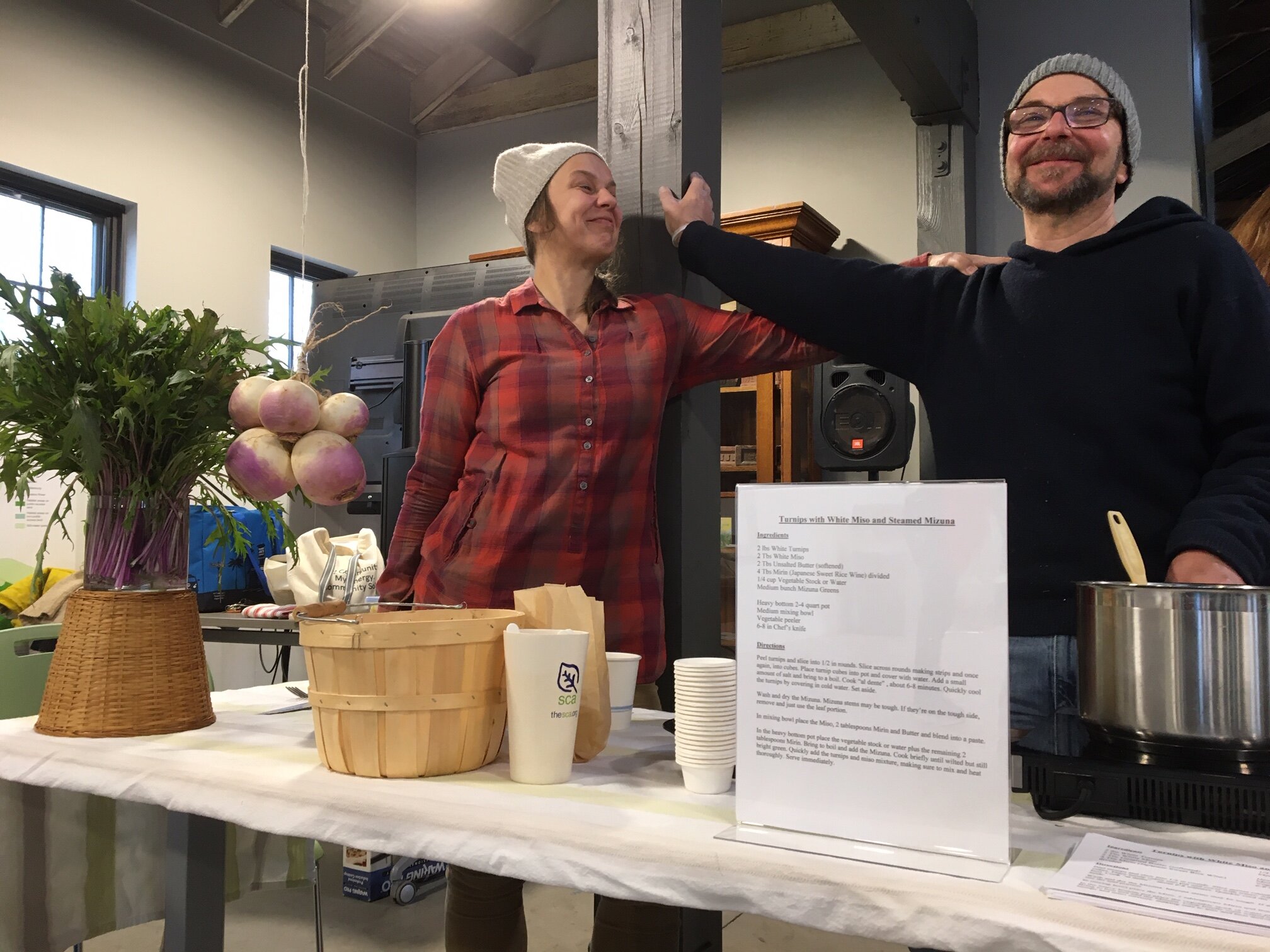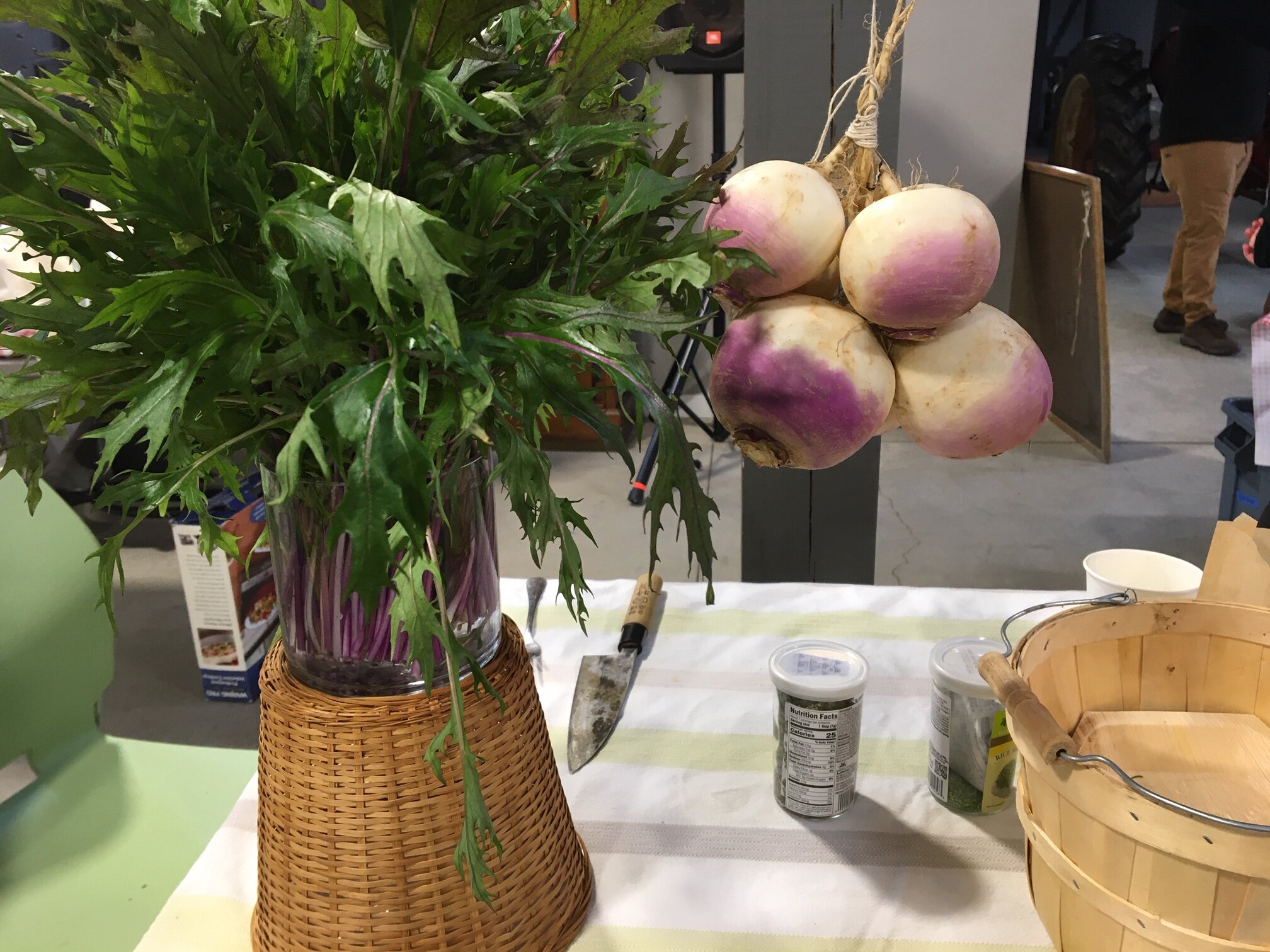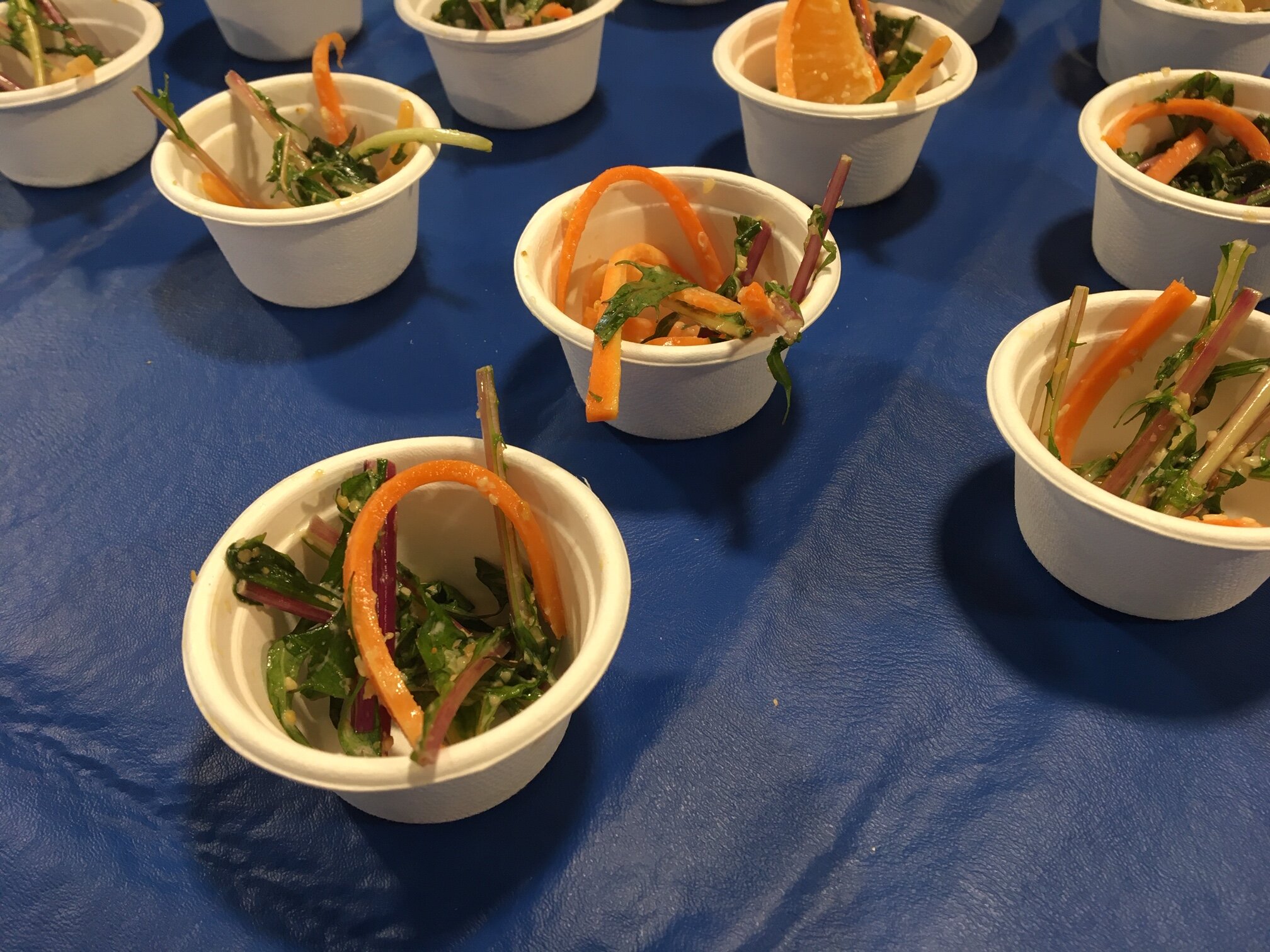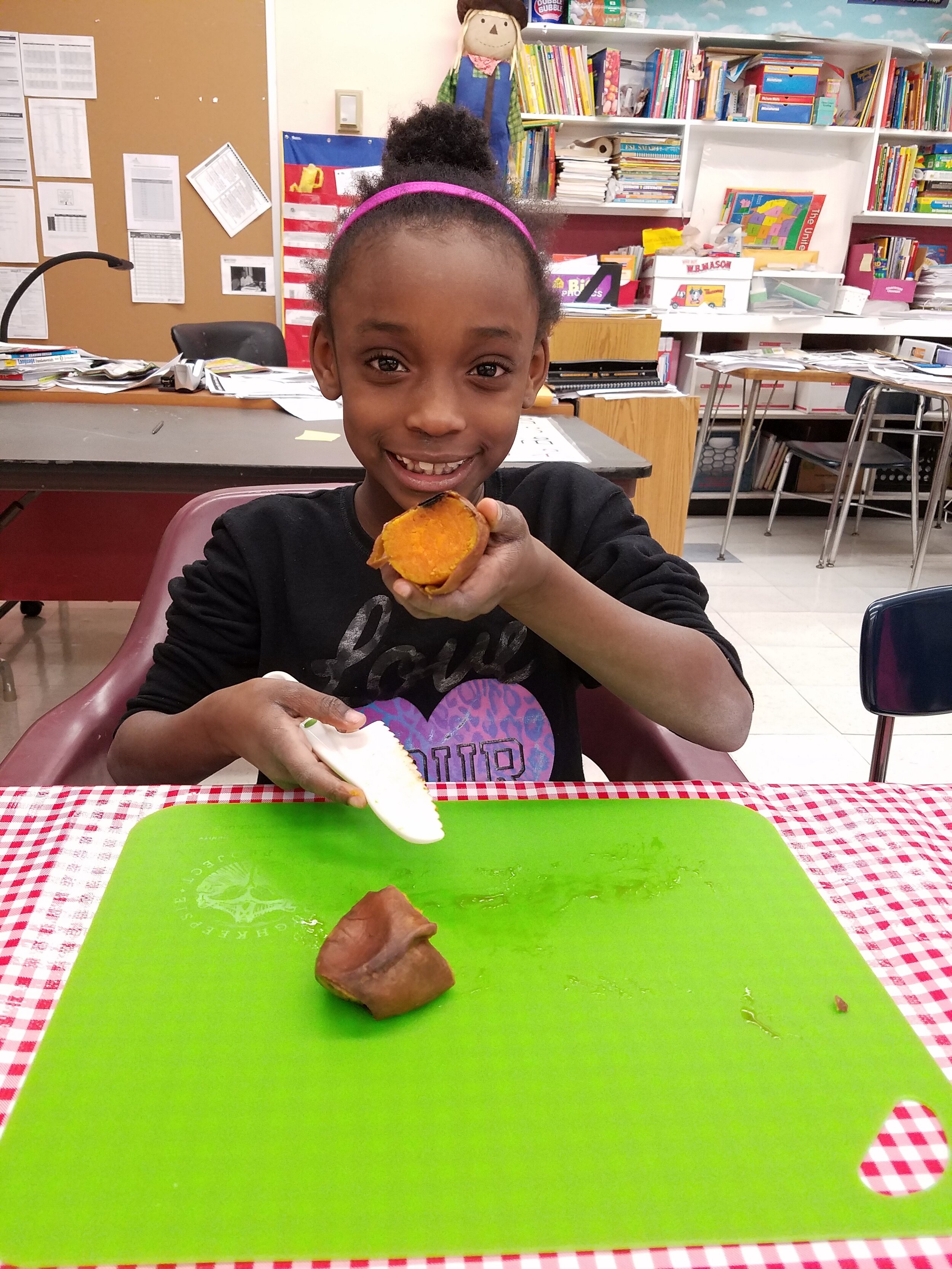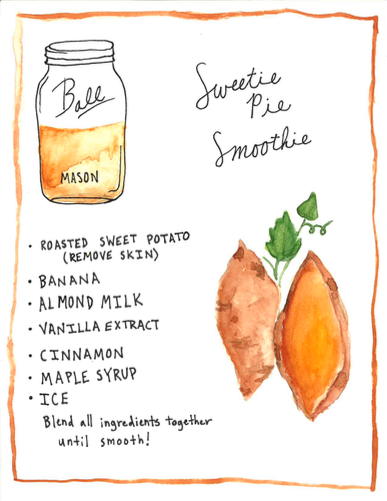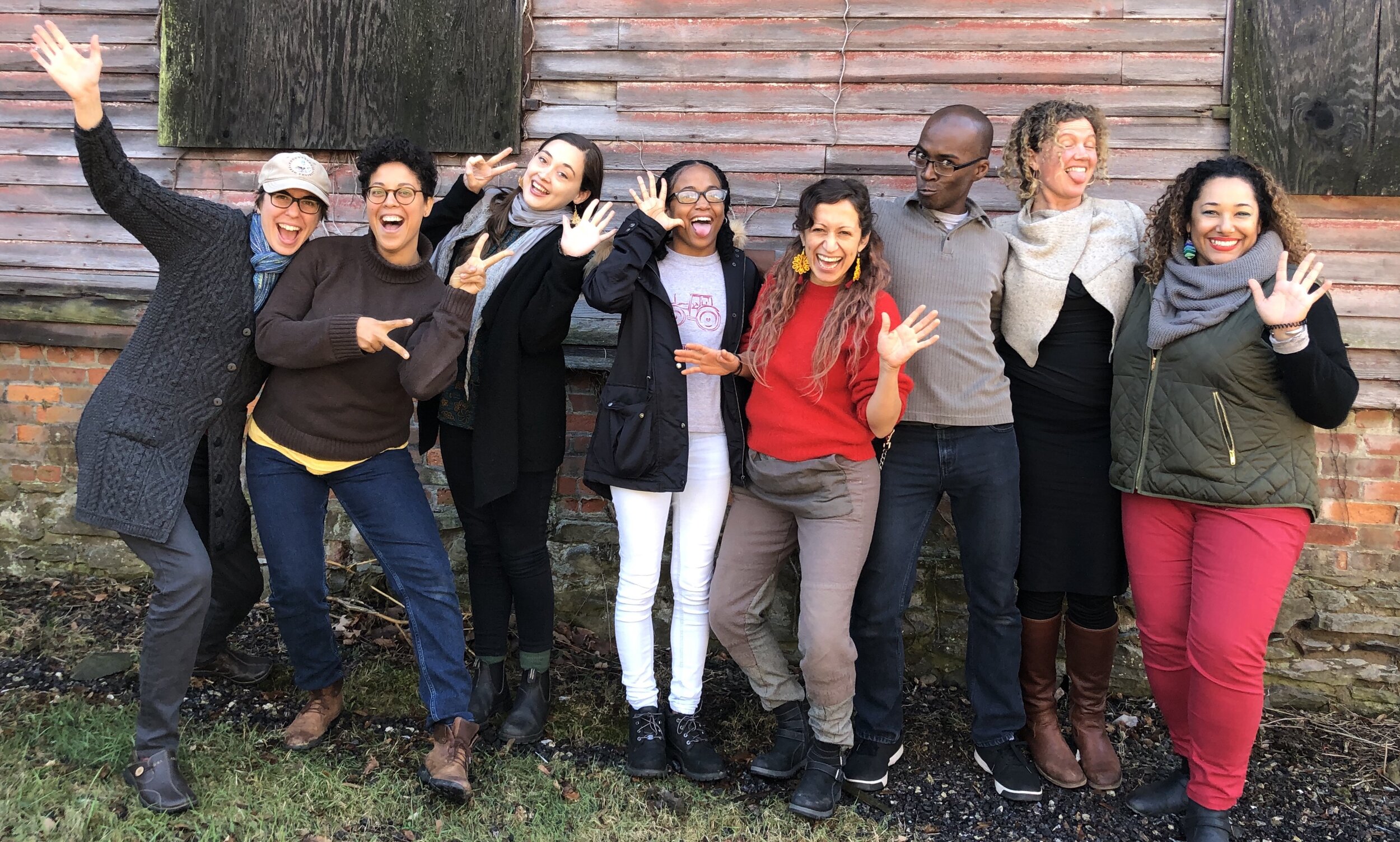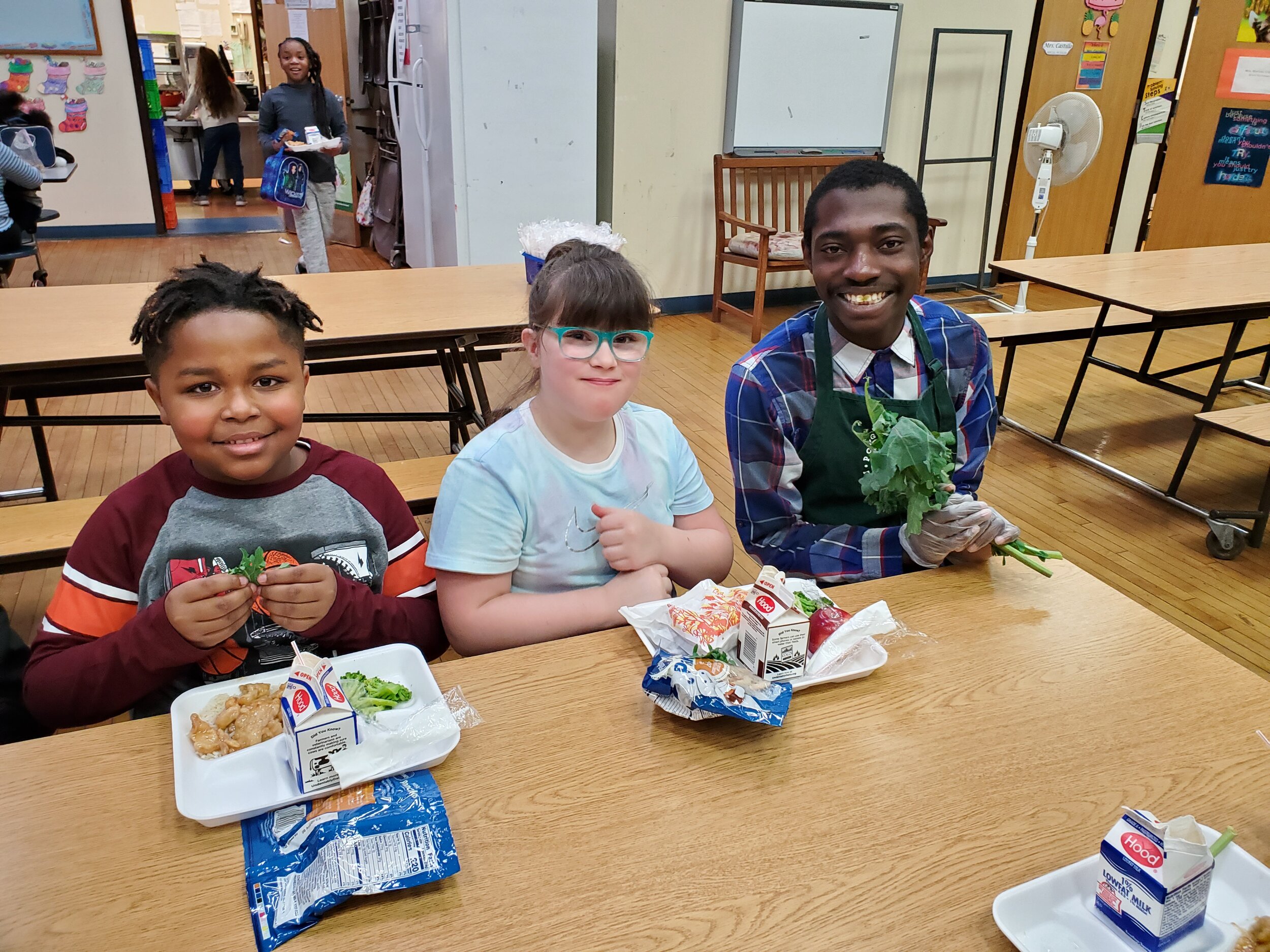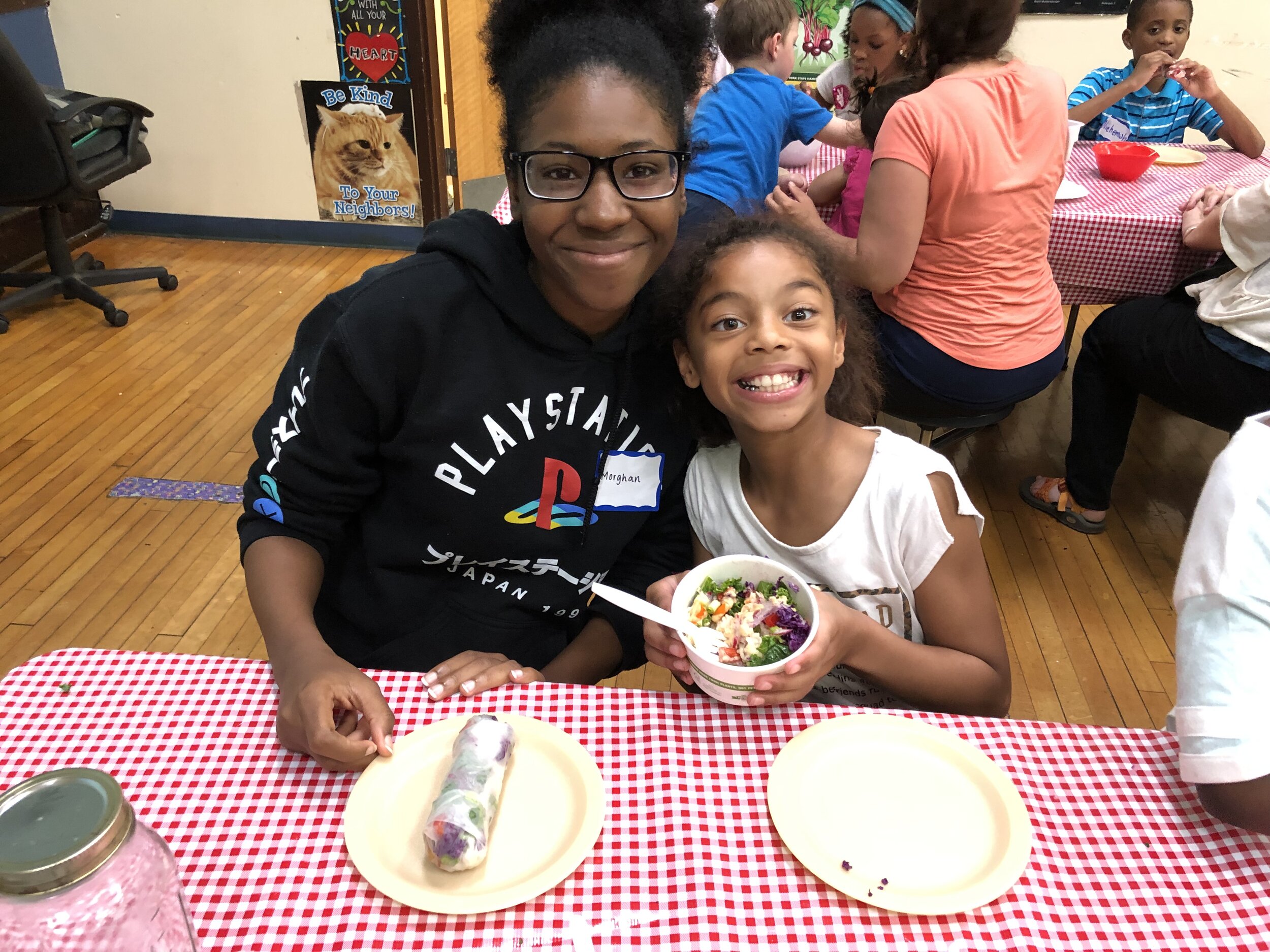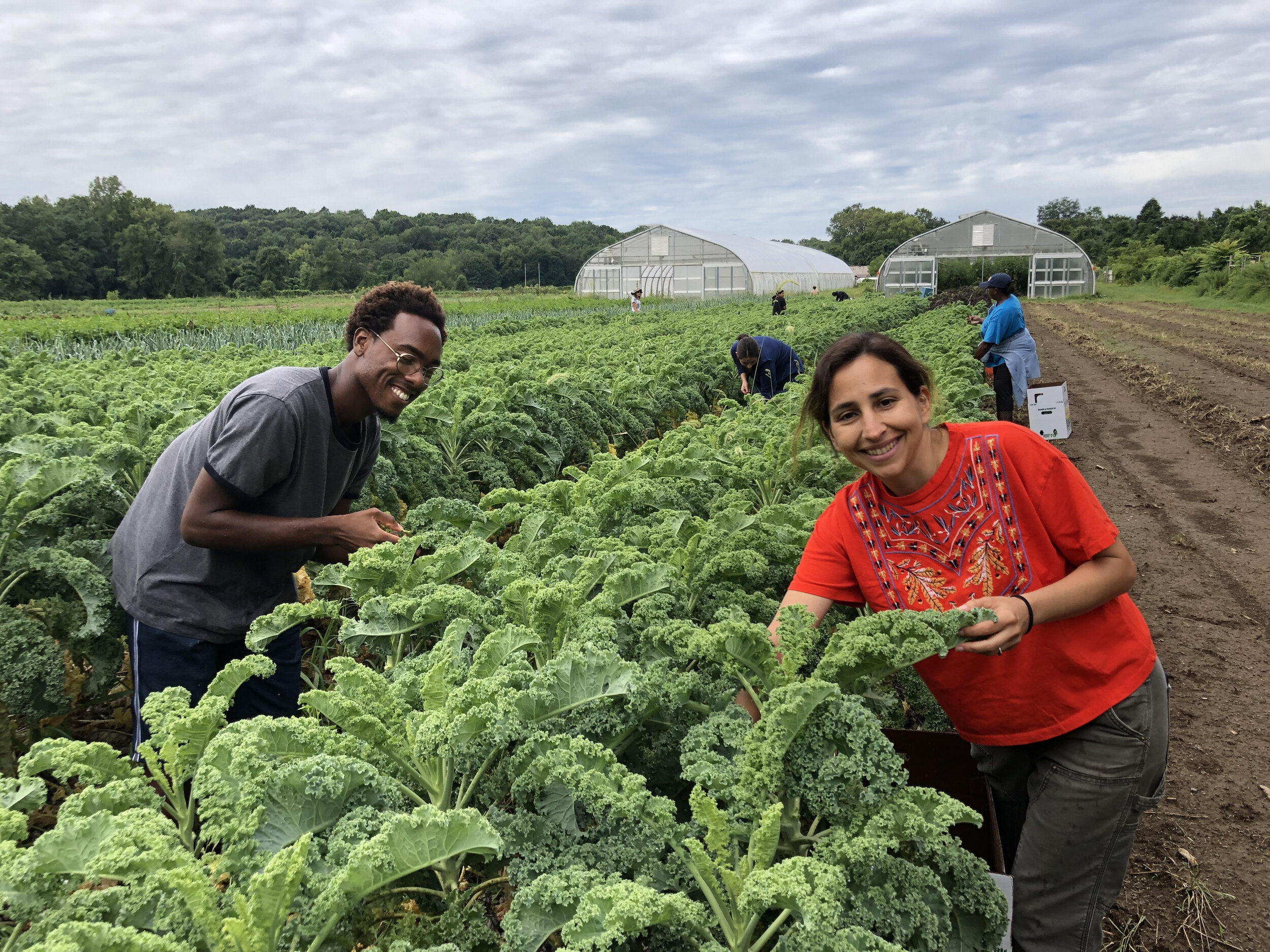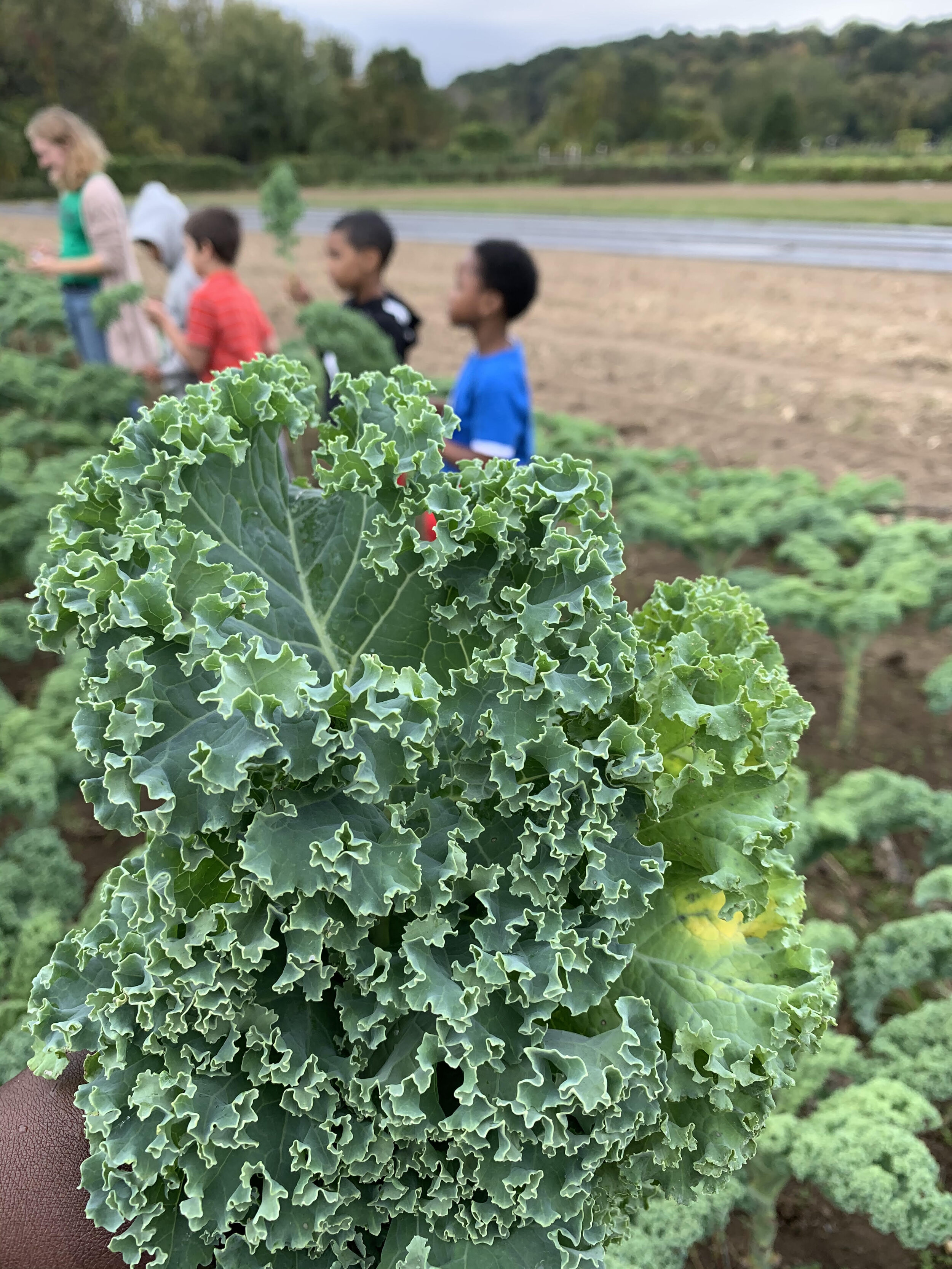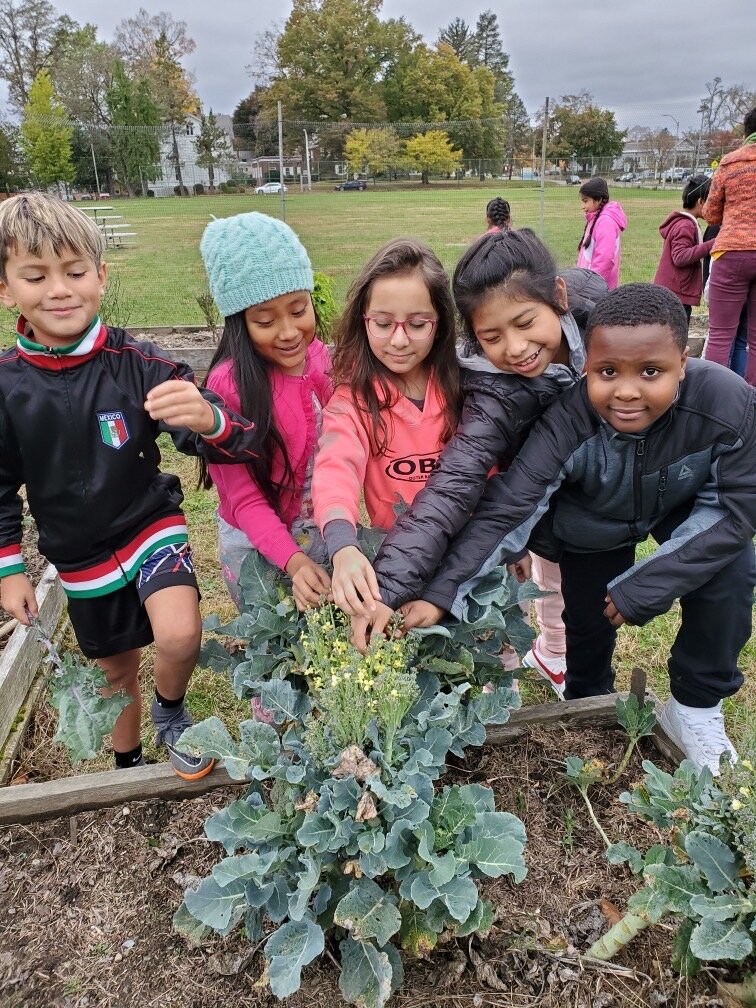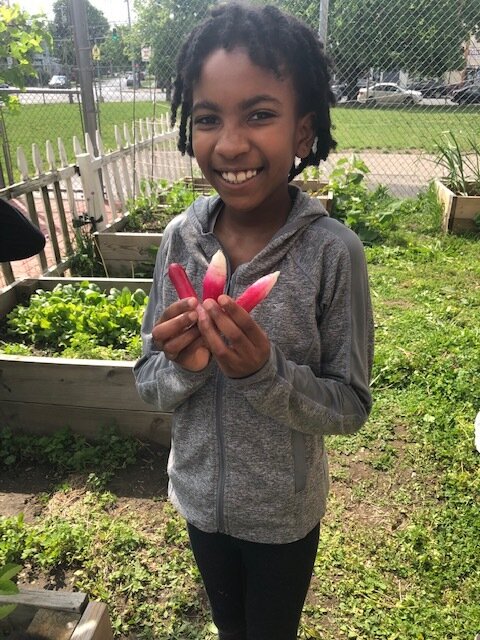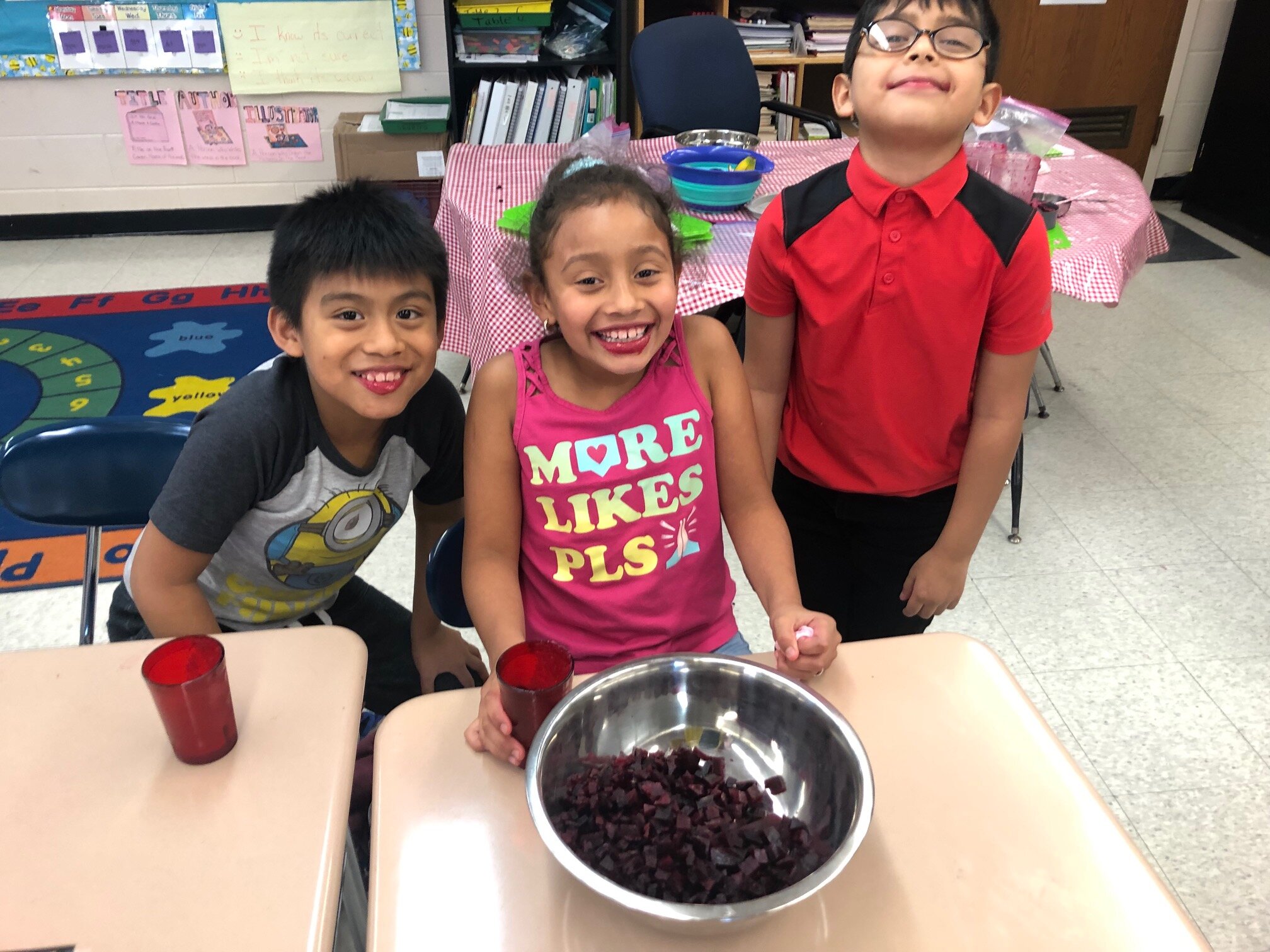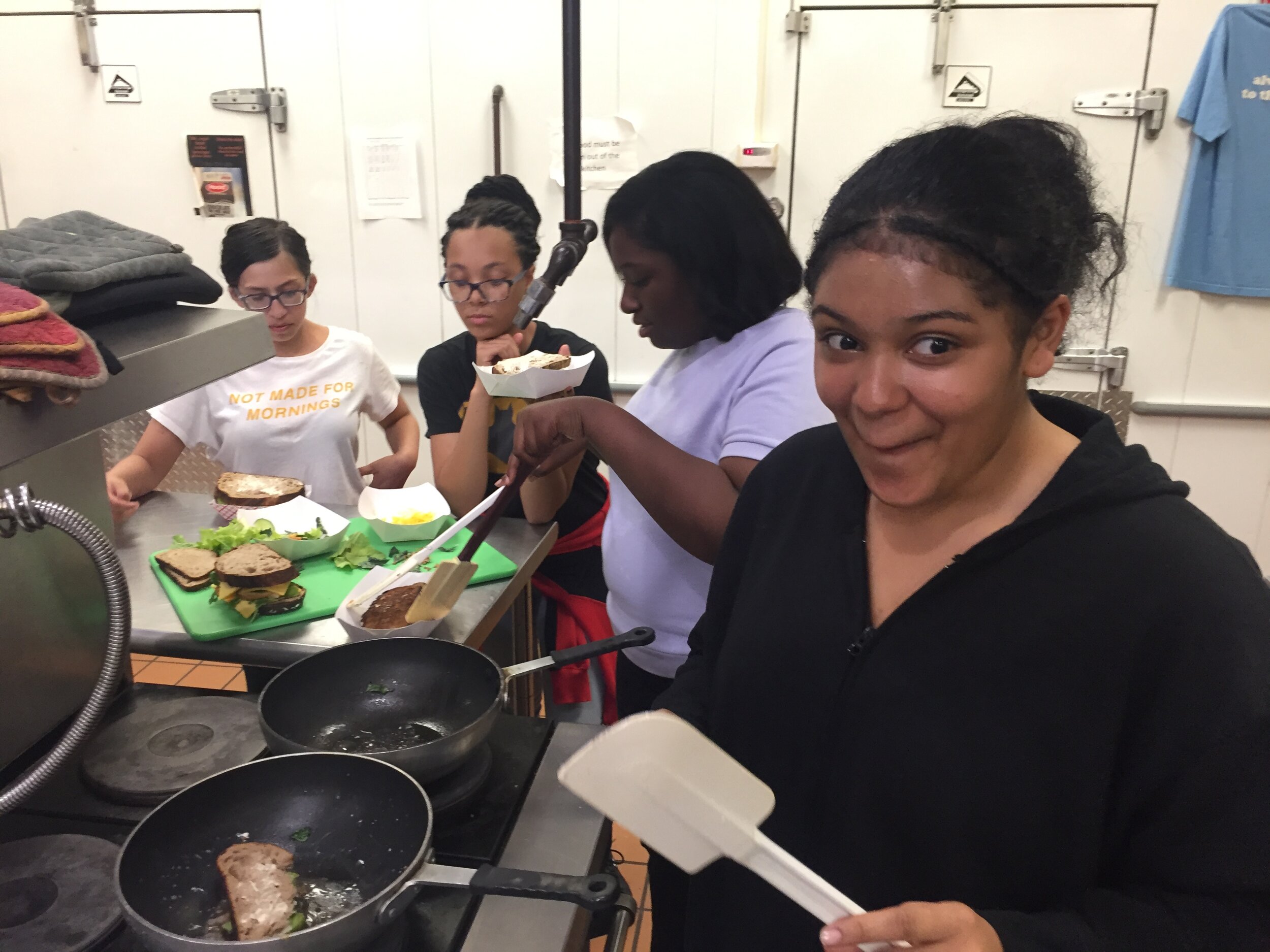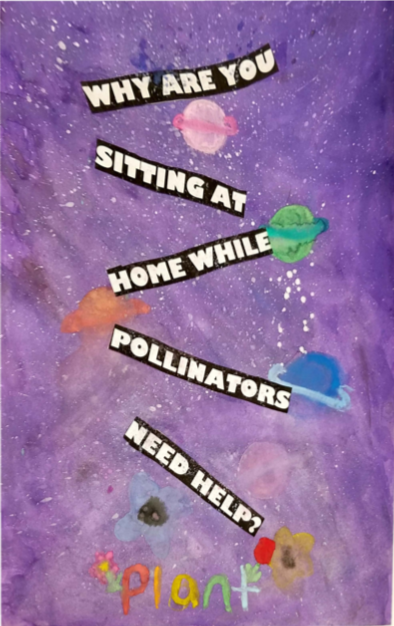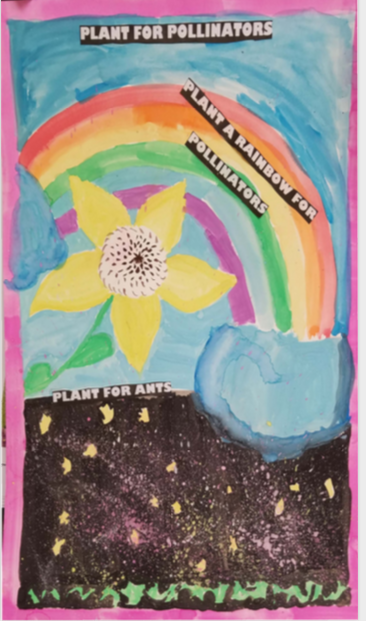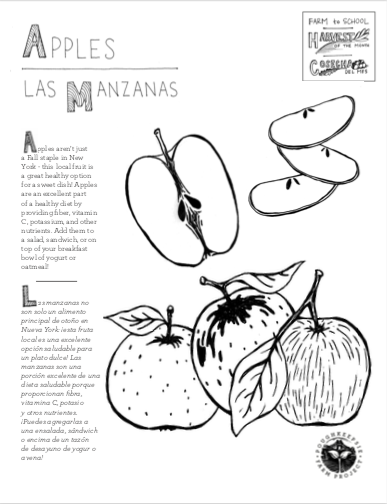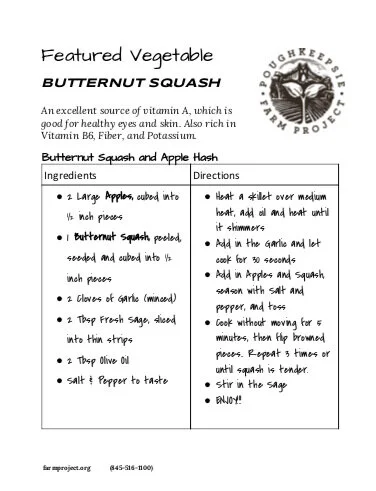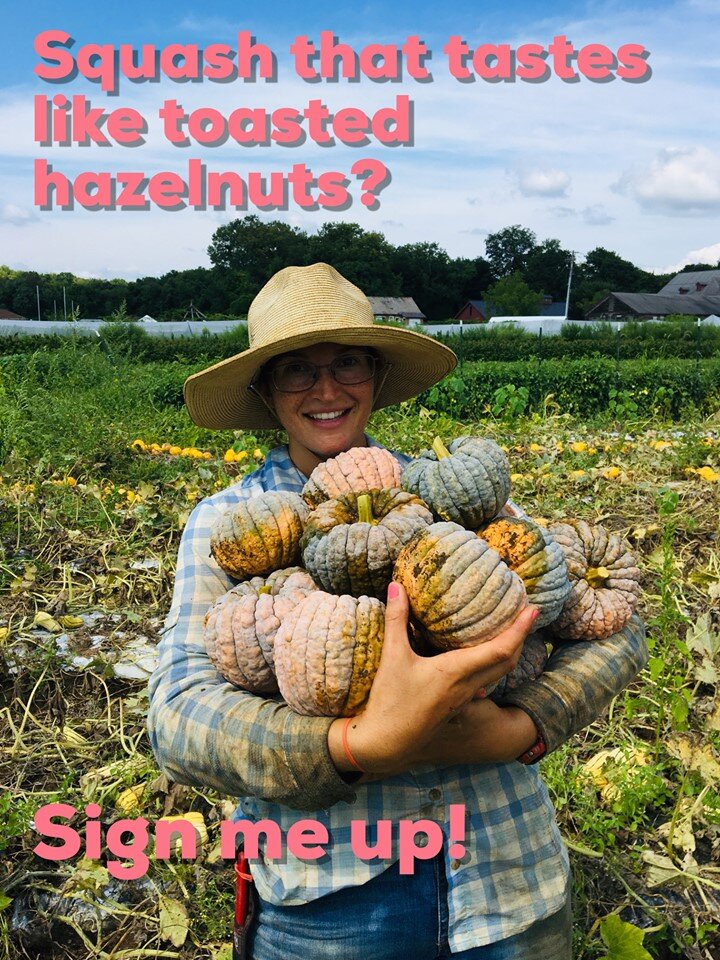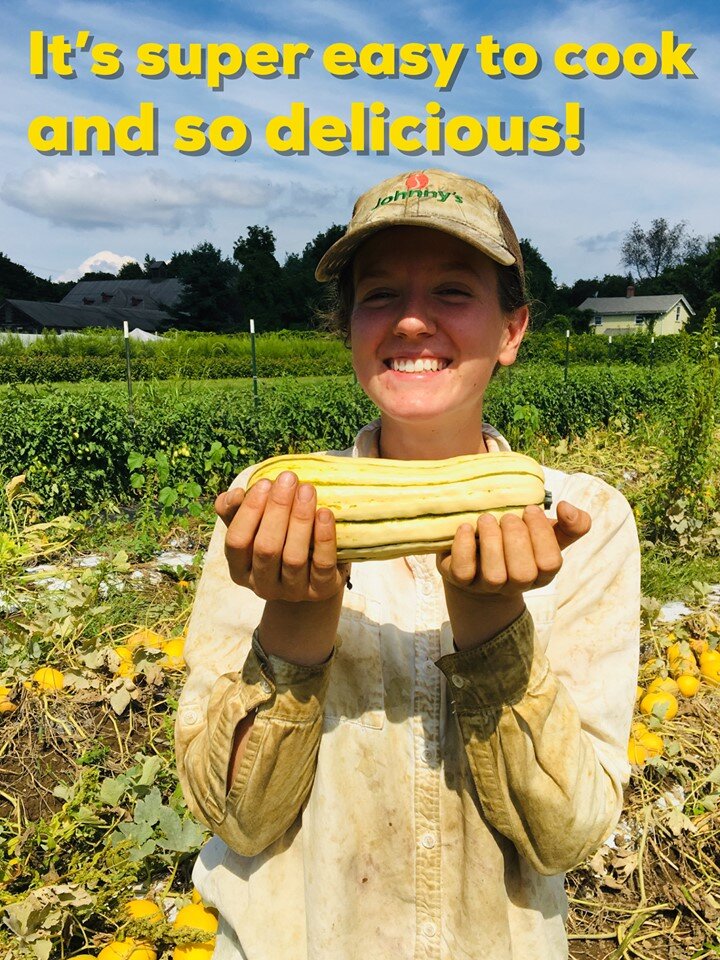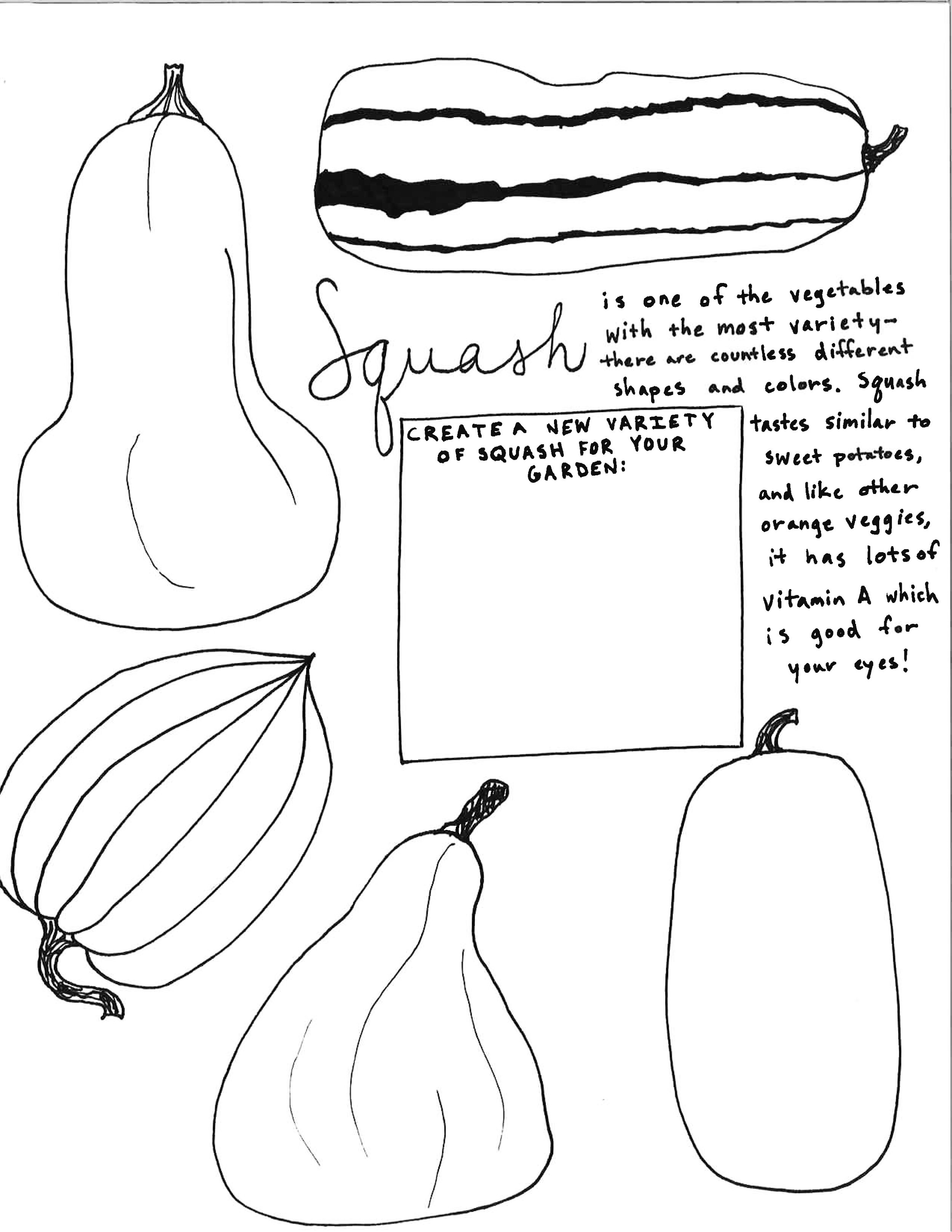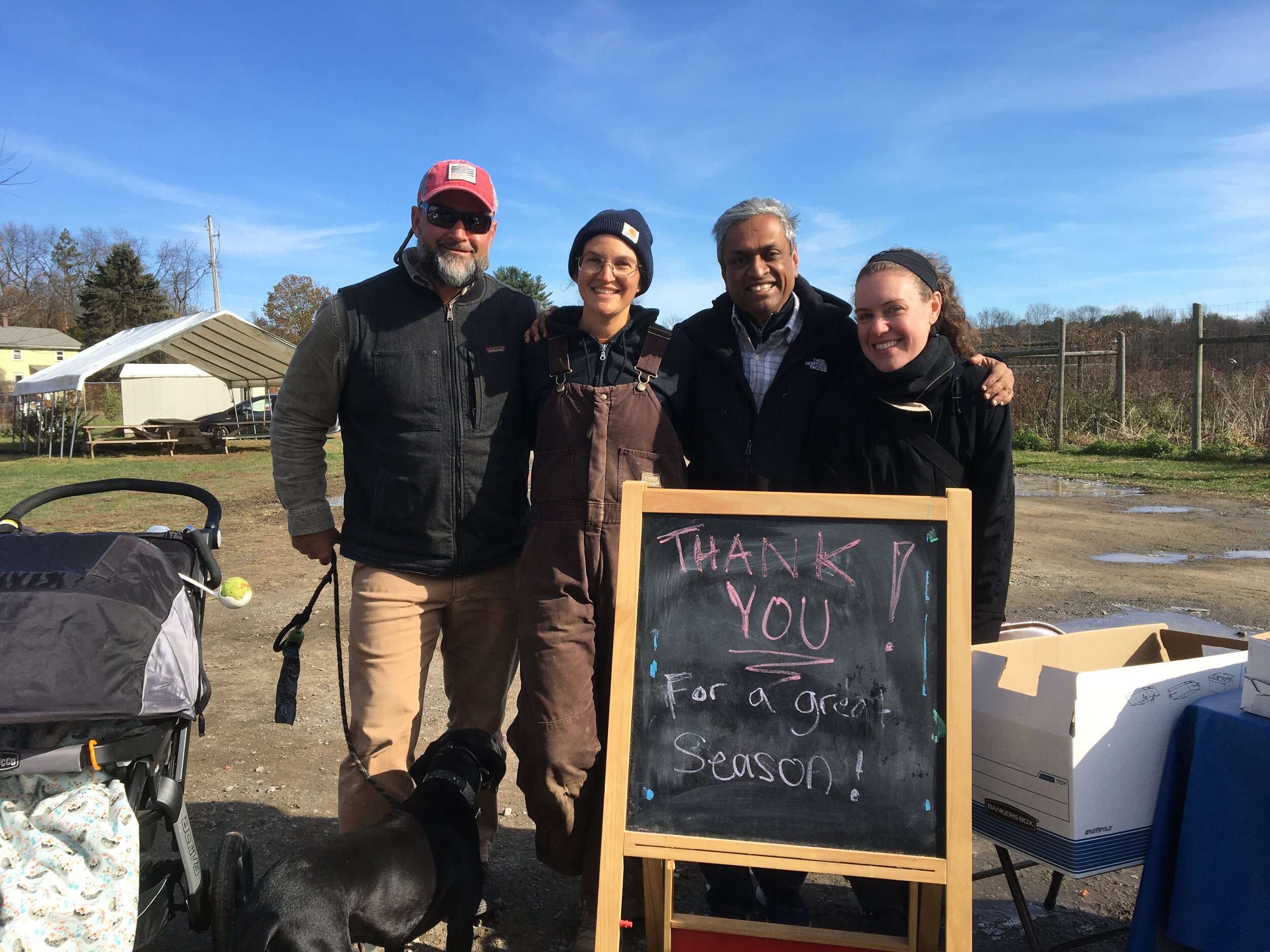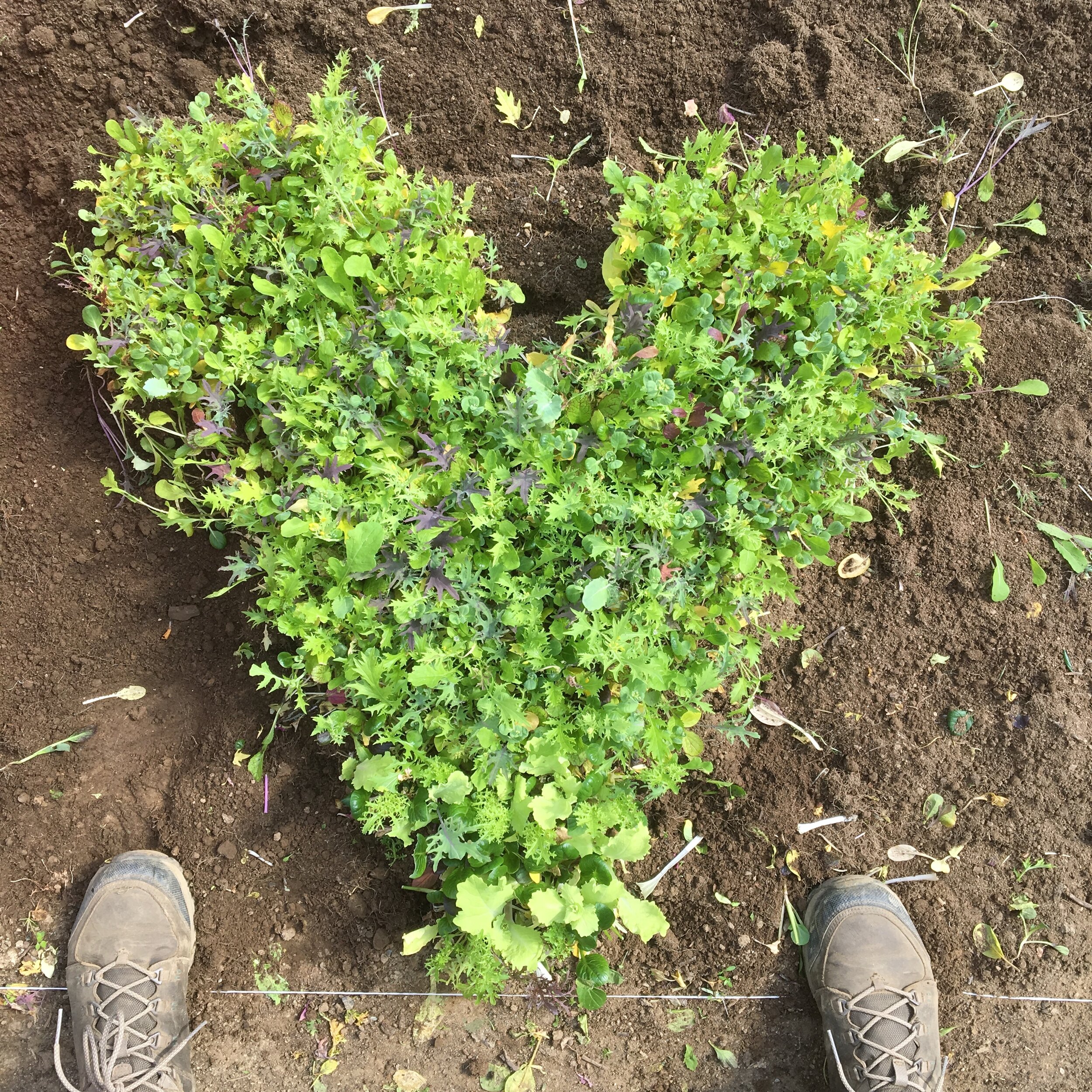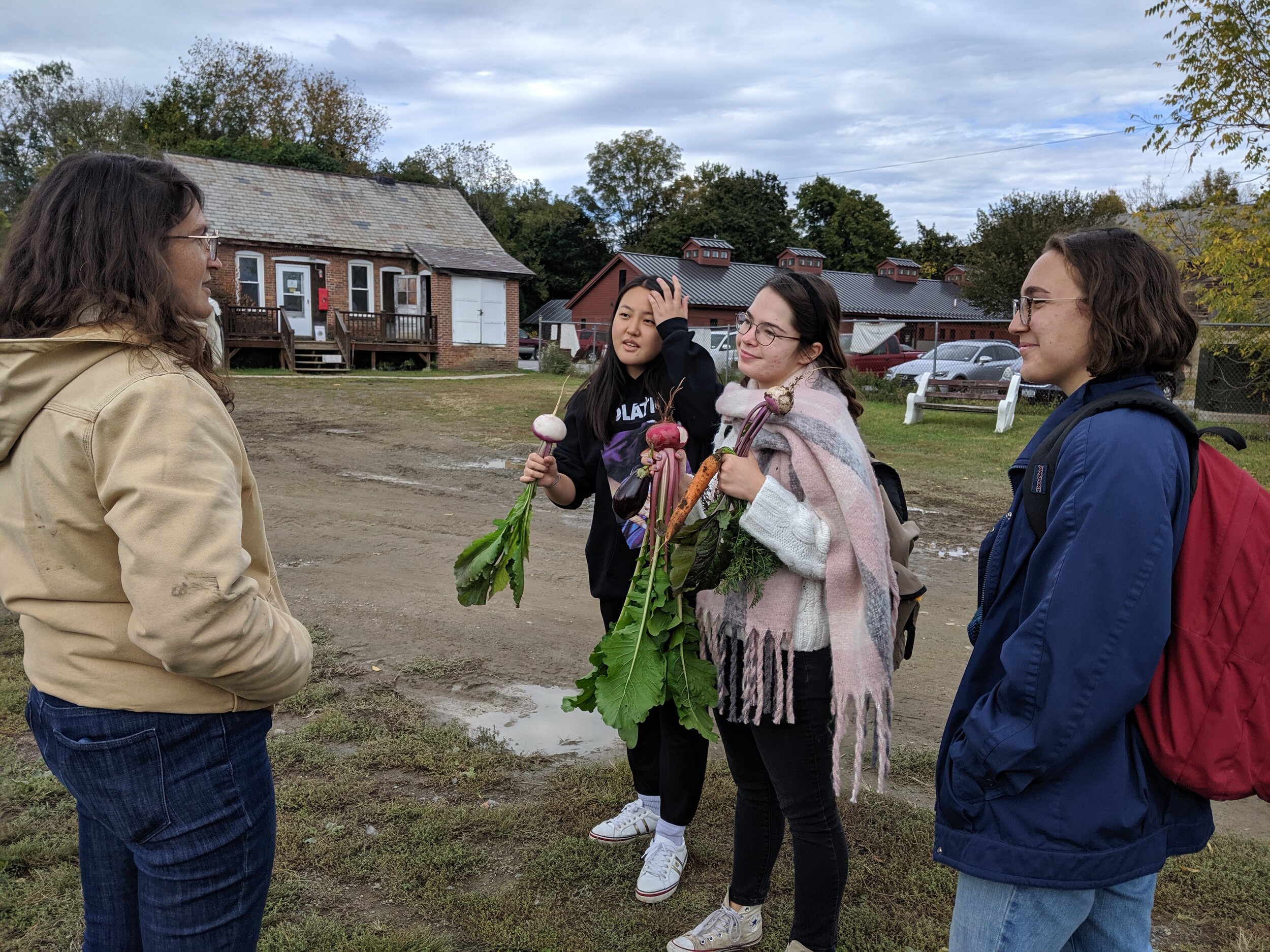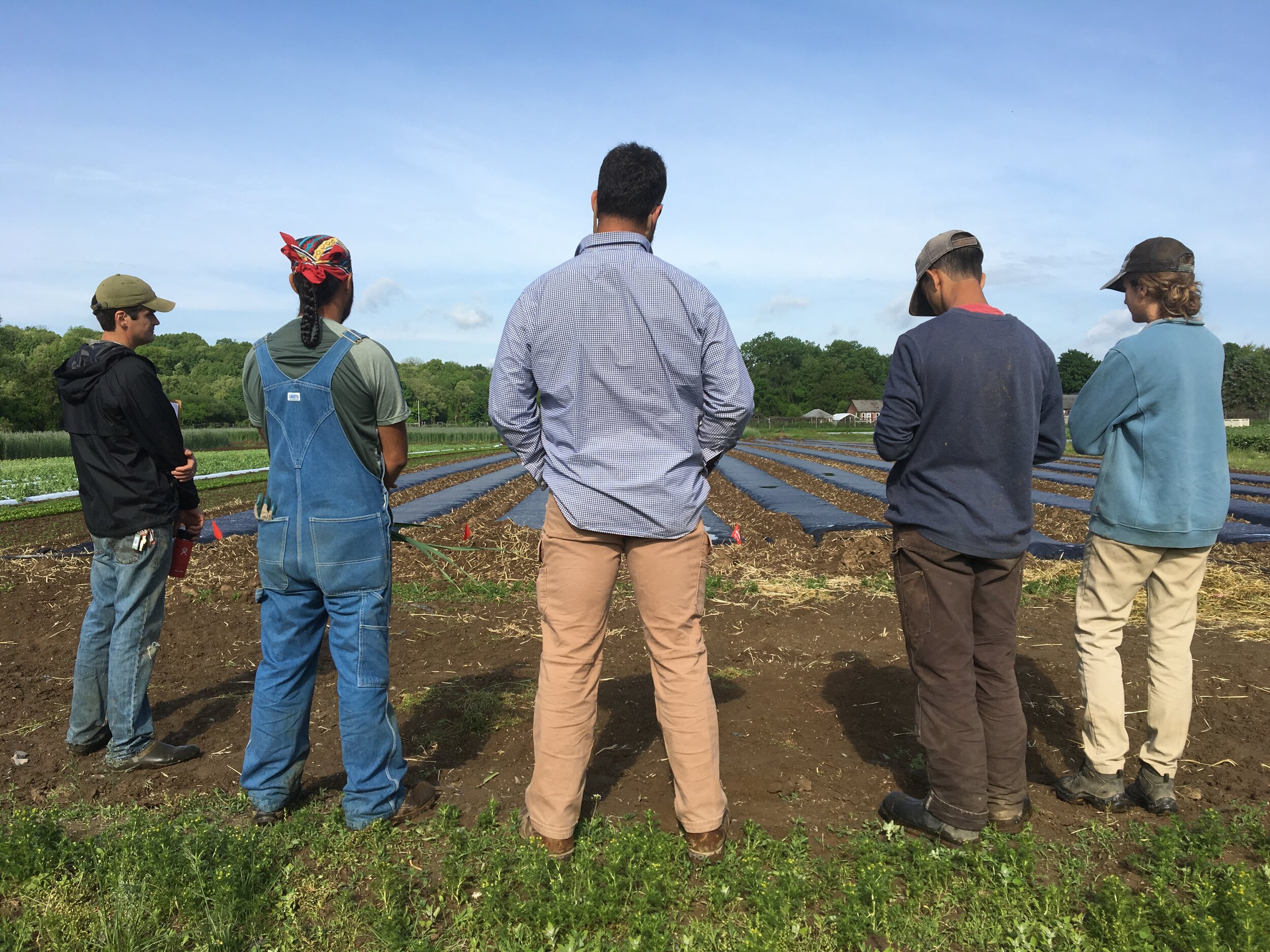In these uncertain times, we at Poughkeepsie Farm Project are greatly concerned with the impact of COVID-19 on food insecure households, both those that are already part of our community and beyond. It’s our mission to combat food insecurity. Now, more than ever, this mission is important.
Changes to PFP Programming
In response to the current COVID-19 outbreak, we are making necessary changes to our programming to ensure the safety of our staff, CSA and workshare members, students and volunteers. Survey results, state and local mandates, best practices, and availability (or scarcity) of resources have all informed these decisions.
These are uncertain times, but we are doing our best to continue offering the programs and services you’ve come to expect from us while upholding rigorous safety standards. We hope these changes make you feel comfortable, safe, and supported.
Learn about changes to CSA.
Learn about changes to education programming. (Youth Learning with PFP!)
Learn about changes in Volunteer Opportunities.
Community Resources
In light of school closures, Poughkeepsie City School District is distributing meals at multiple locations throughout the city. Click here for the full schedule.
PFP produce is available in hot meals and grocery packages from:
Community Collaborative
A collaborative community food program of Bread of Life, Hope on a Mission, ChangePoint Church, and Community Matters II. To get food, call or text 845-384-0100 between 9am and 3pm daily to receive a hot meal, groceries, or toiletries delivered for the members of your household.
Dutchess Outreach
Dutchess Outreach's Lunch Box Hot Meal Program is offering a To-Go Lunch Monday-Friday from 11:15 am – 1 pm and Sunday 12 pm – 1 pm. Their Food Pantry hours are Monday, Tuesday, Thursday, Friday from 8:30 am – 11:30 am, 29 North Hamilton Street. Additional resources from Dutchess County and ways you can help.
Health Resources
For the latest from the CDC, visit cdc.gov/coronavirus.
For the latest from the New York State DOH, visit https://coronavirus.health.ny.gov/home or call 1-888-364-3065.
Dutchess County COVID Flyer (English)
Condado de Dutchess COVID (Espanol)
Nuvance Health has established a COVID-19 Community Hotline. Those experiencing symptoms are encouraged to call 1-888-667-9262 from 8 am - 6 pm, seven days a week.
Here at PFP, we are taking extra precautions to keep our staff and neighbors safe, and want to encourage everyone to make decisions with a focus on helping our neighbors. Specifically:
1. Follow CDC guidelines for staying healthy. One of the key things we can all do is to limit and slow the spread of COVID-19 to provide time for this understanding to develop and to not overwhelm the medical system.
2. Practice social distancing - avoid physical contact and public gatherings as much as possible. To this end, we have canceled our upcoming swing dance event scheduled for April 1, 2020, at Vassar College.
3. Stay home if you feel unwell, if you’ve been exposed to someone who is sick, or if you have been recommended to isolate.
4. Consider contributing to a local nonprofit. We are currently at work finding new ways to get fresh vegetables to our students, our community, and to the more vulnerable at-risk populations in Poughkeepsie.
If we follow common sense advice, and consider the most vulnerable members of our community first, we can help to lessen the impact of COVID-19 on our community.





































